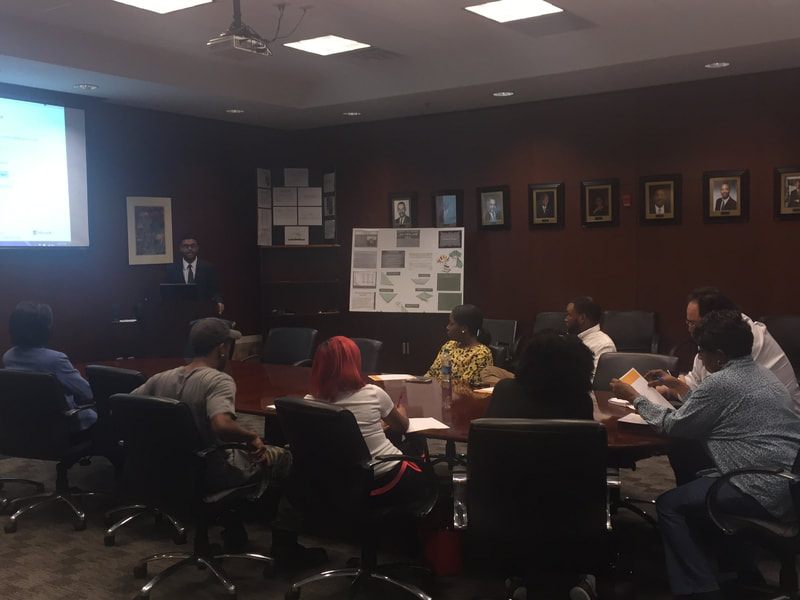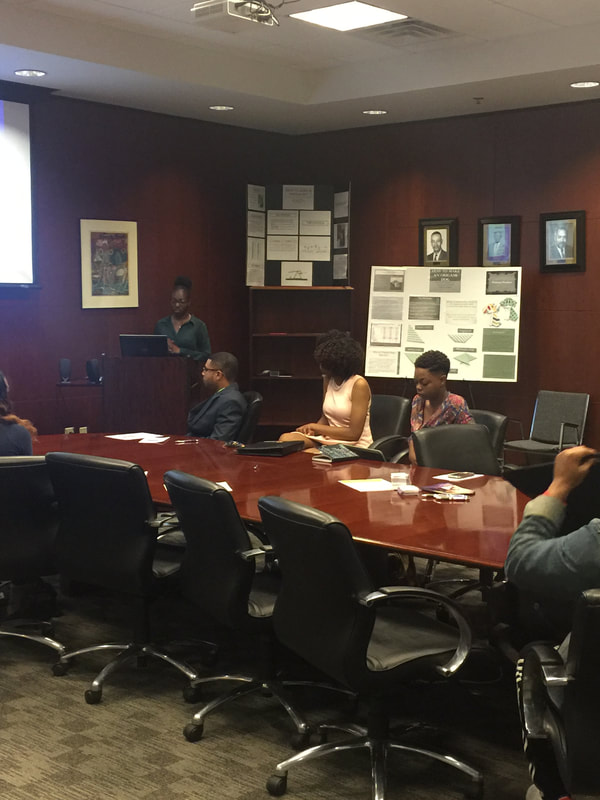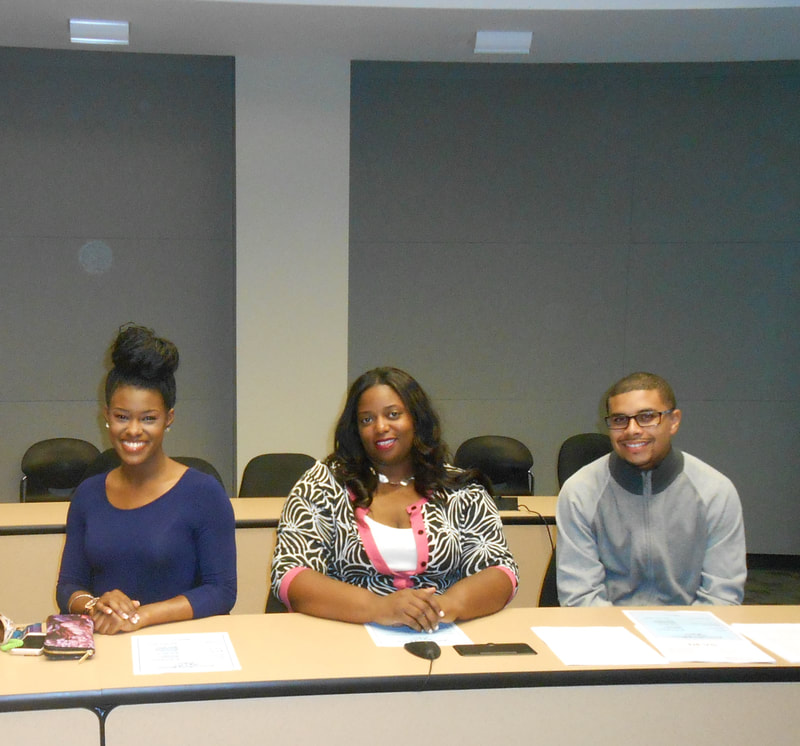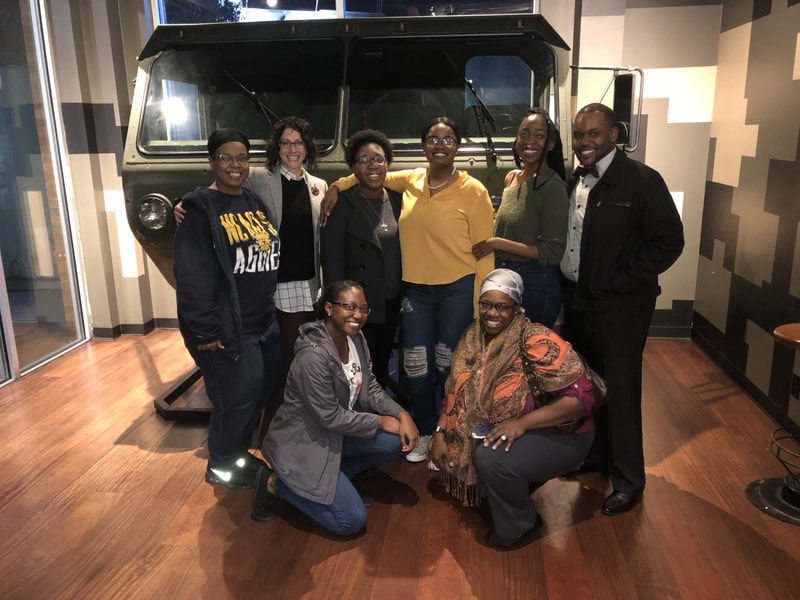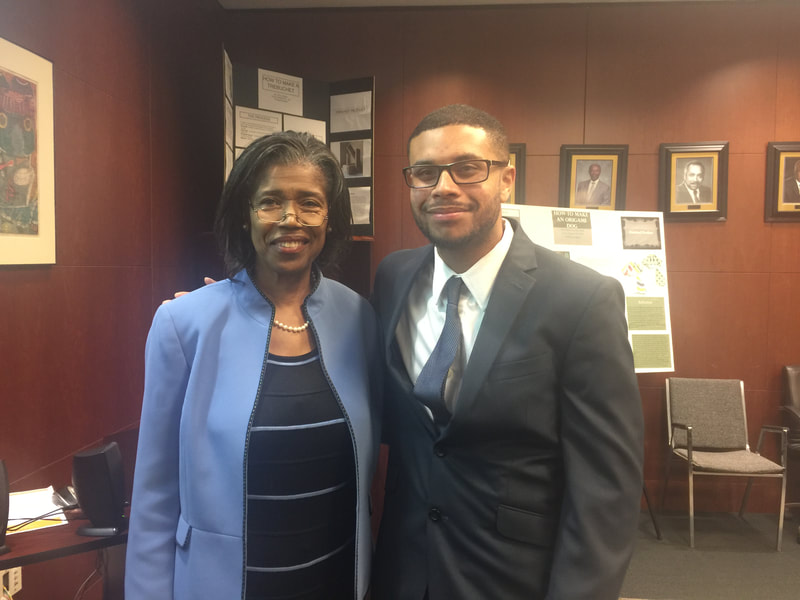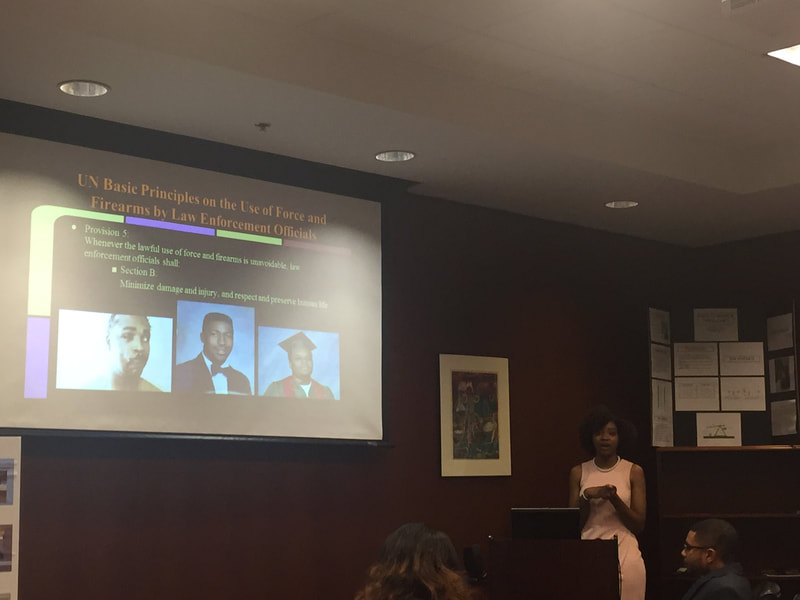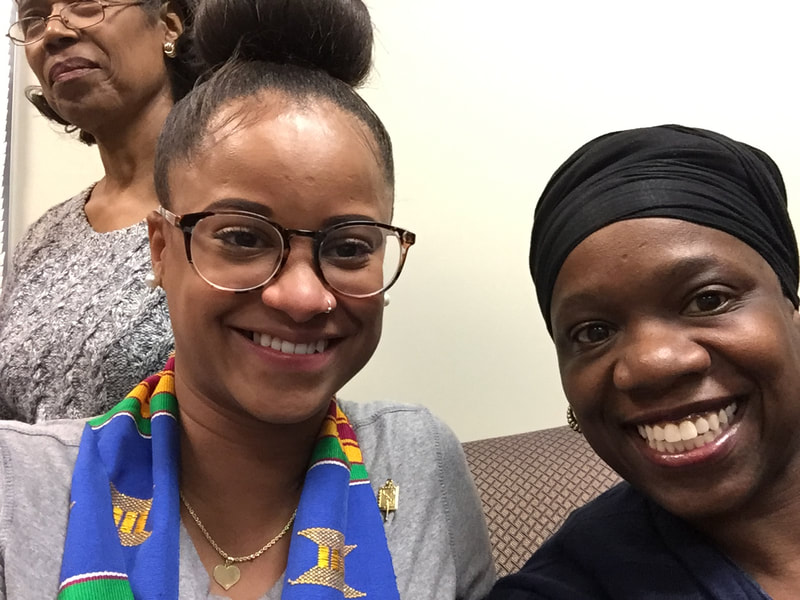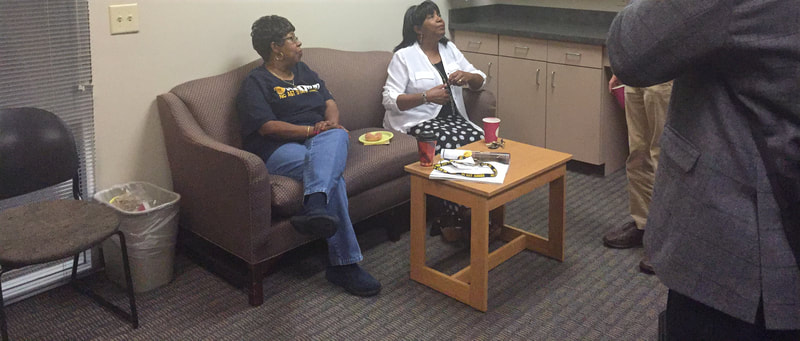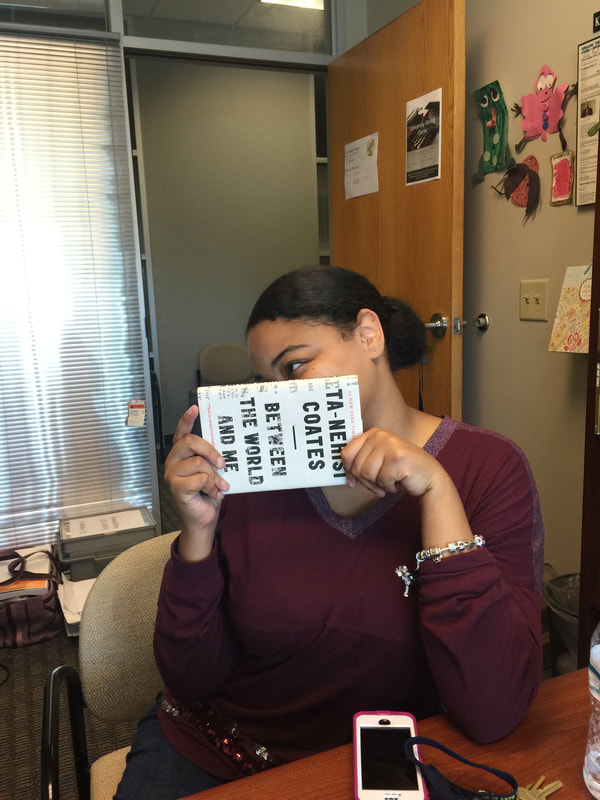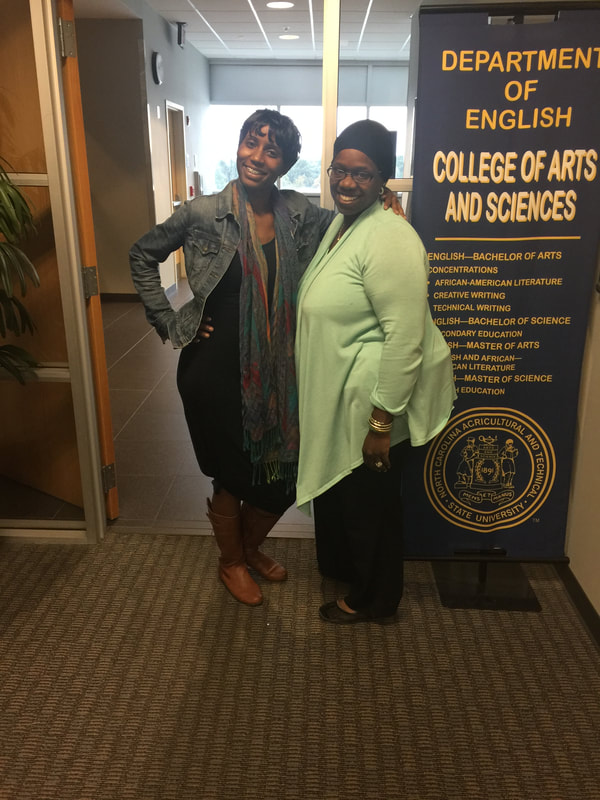My goal as an educator is to create an environment that encourages students to experience education as a practice of freedom that helps them realize their own potential. To learn more about my skills download my CV. In addition to my teaching experience, I have also presented extensively at conferences. As such, my goal as a presenter is to interact with and educate the listening audience. I believe education can transform a life and change the trajectory of one’s future, and I know that written communication provides students with a powerful platform for sharing and developing their own voice. I am part teacher, friend, counselor, cheerleader, and life coach—when needed. My goal as an educator is to create an environment that encourages students to experience education as the practice of freedom and help them use their education as a means for realizing their own potential.
Teaching Competencies
- African-American Rhetoric
- Advanced Rhetoric & Argumentation
- African-American Women’s Rhetoric
- Critical Discourse Analysis
- Cultural Discourse
- Developmental Reading
- First Year Composition
- Grant Writing, Reports and Proposals
- Hip Hop Discourse
- Knowledge Management
- Rhetoric of Health and Medicine
- Reproductive Justice
- Social Justice and Technical Communication
- Visual Rhetoric
- World Humanities
With my student's permission, below are some pictures from my classroom activities and events we've done together. Over the years I've had students from A&T's Early College in my courses as well. Here is a link to one student, Keyera Wynn, conducting a user test in class. Here is a link to Shawn William's final project for our English 411, Visual Rhetoric course.
